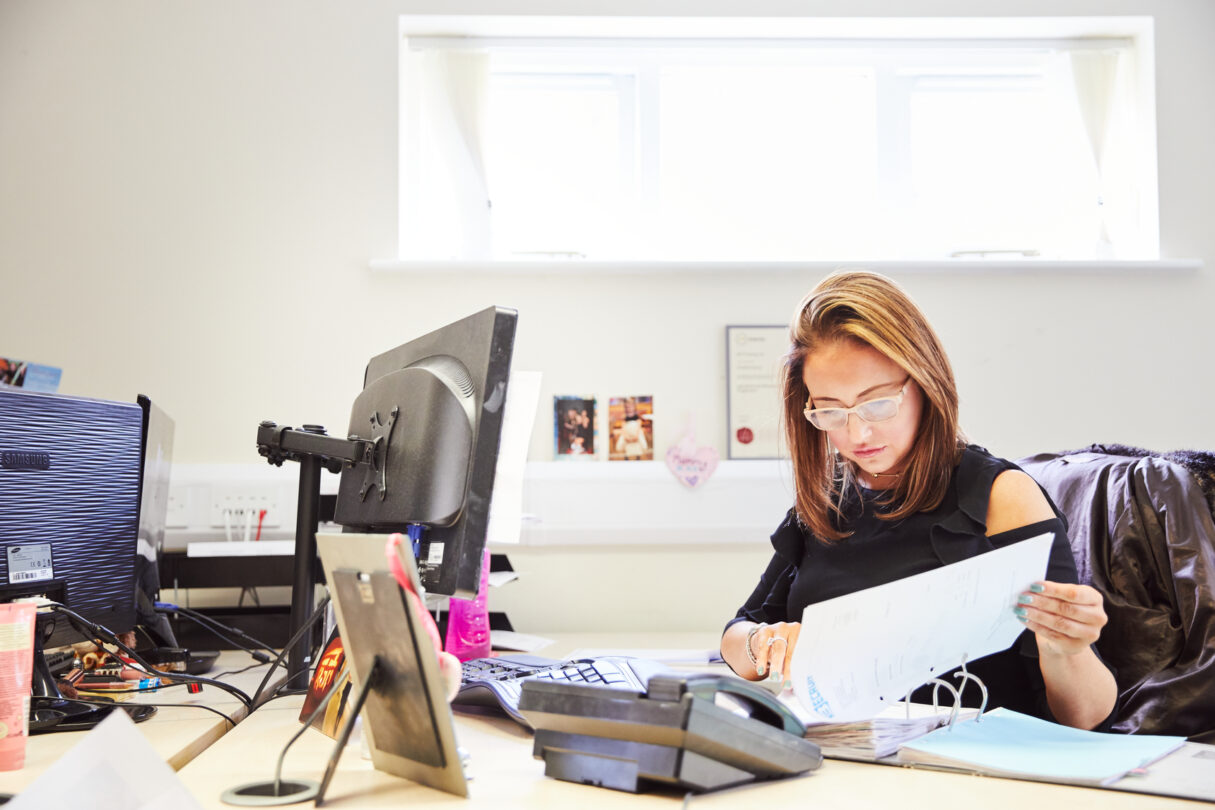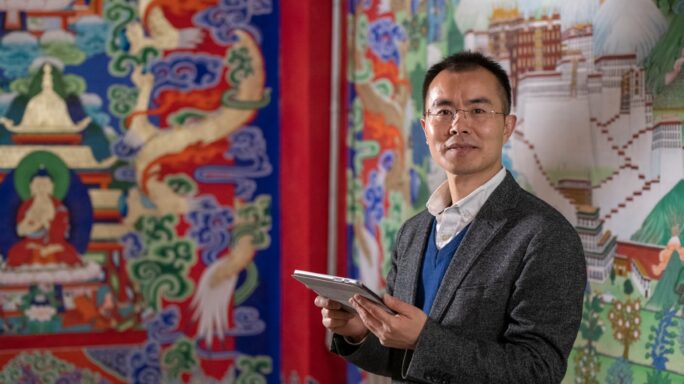Strategy, Legal & Operations
How accountants can turn uncertainty into opportunity
As part of our Inspire Me series, Michael G Jacobides highlights three priorities for accountants to consider when dealing with uncertainty.

As part of our Inspire Me series, Michael G Jacobides – Professor of Strategy at London Business School – looks back at the challenges we’ve seen over the past year. In this article, he highlights three priorities for accountants to consider when dealing with uncertainty.
Uncertainty can be the instigator of significant change.
And I think we all agree that the past year has presented uncertainty for our clients, as well as for the dedicated accountants and accountancy practices that have been at their side throughout.
The Black Death, one of the biggest killers Europe has ever seen, inadvertently brought about the end of feudalism and serfdom, shifting power from landowners to labourers as that became a scare resource.
This in turn ushered in a new way of organising workforces, which gradually evolved into the industrial economy that developed in that part of the world.
So, with the vaccination programme well and truly underway, the question is this: what will happen after the pandemic?
Its legacy is going to be significant, and we all need to think about this today, rather than tomorrow.
Wartime thinking
It’s often been said that the coronavirus outbreak caused nations to respond as if they were fighting a war.
If we think for a moment about the Second World War, this was indeed a similar time of uncertainty, although not one created by a virus.
That moment in our recent history forged the world we live in today.
It changed way we worked, and increased the participation of women in the workforce to the point where it helped further the cause for women’s equality.
That period drove technological innovations such as jet engines, pressurised aircraft cabins, helicopters, radars, synthetic rubber, penicillin, and so on.
Times of great struggle often shape people and organisations alike into winners or losers.
There’s ample opportunity for those who can identify these patterns of difficulty-innovation early on and have the courage to act on what they see with no guarantee of certainty or positive outcomes.
The impact of structural changes in businesses
Let me give you some data.
Together with Boston Consulting Group Henderson Institute, I looked at downturns caused by crises since 1986. Specifically, we looked at what happens to companies in terms of their:
- Earnings Before Interest and Taxes (EBIT) margins.
- Sales growth.
The results are fascinating. While 44% of the companies saw both a shrinking EBIT margin and falling sales growth, it wasn’t straightforward.
Some experienced it primarily in terms of sales growth. Fewer experienced it in terms of only a shrinking margin. But 14% were able to increase both sales and EBIT margin during that time.
How?
In my Inspire Me discussion, I share some of these ideas, drawing on a paper that I co-authored with Martin Reeves. He’s the chairman of the BSG Henderson Institute, a think tank that appeared a few months ago in Harvard Business Review.
I also return to some of my other work, both academic and on the advisory side, working not only with BCG but also with Evolution Ltd.
I’ll review some of this here in brief, but do sign up to the event for all the juicy details and action points for your business.
The top three priorities accountants need to consider
Based on the data, I posit that there’s some rhyme and reason that can be applied to any period of uncertainty in order to not just get through it but to emerge stronger on the other side.
In fact, there are three priorities that I’d ask you now to consider carefully:
- Reassess growth opportunities. In particular, how has the landscape changed? Underlying existing changes are being amplified but we also have new trends. Some are temporary, but some will be structural.
- Reconfigure your business and the business model to take advantages of these opportunities.
- Allocate capital more effectively to address point two, above. While obvious, this is harder than it seems because of a natural desire we all have to cling to tradition.
We can explore these three issues using the granular, high frequency data that helps us understand how ready the world was for changes.
Here’s a fascinating example.
We looked at footfall at the start of the pandemic in the United States.
Why? Well, we knew when the federal Covid advisory happened. This instructed people to stop moving around.
Although cinemas lost almost all of the daily footfall well before the advisory came to be, spectator sports were much later in losing the footfall.
What does this mean?
It means that people are ready to abandon cinemas but will be eager to return to spectator sports.
It’s not always straightforward. We need to identify what’s temporary and differentiate it from what’s going to last.
Temporary shifts and accelerations might boost and displace existing practices, but you should be looking for catalysts and innovations.
That’s how we can identify and adjust more readily and more effectively to customer needs.
Post-pandemic: The journey ahead
Useful data is everywhere and helps shape the three requirements I mentioned earlier. In the webinar I look at how leading technology companies coped with the pandemic, and how they scaled back their initial plans.
I look at businesses that have sprung up during the pandemic, or existing businesses that have pivoted, and see what we can learn from them.
And, as I’ve mentioned, my own survey data is incredibly informative. For accountancy practices, it’s about identifying where there’s a good future potential, and good viability.
There’s a journey ahead of us all but it’s one we can navigate together. Take your first step towards success by signing up to the Inspire Me series and I’ll see you there.
Inspire Me
Inspire Me is a thought-provoking series of three 30-minute episodes featuring Nancy Giordano, Michael G Jacobides and Fearne Cotton. To enjoy Inspire Me On-Demand, book for free today.








Ask the author a question or share your advice